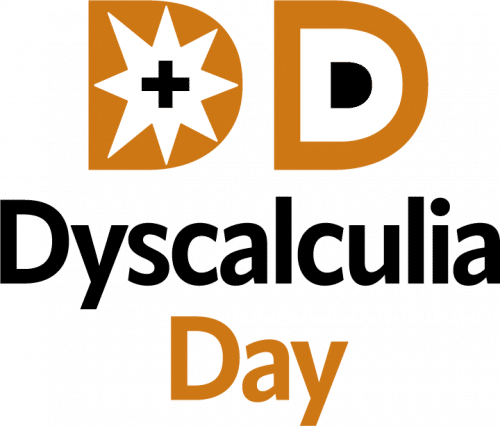As millions of students across Europe return to school, the European Dyslexia Association insists that the fundamental rules of digital accessibility need to be respected. After the period of lockdown, it was observed that some young people had dropped out of the school system because of their difficulties. In addition to the problem of learning disabilities, the lack of accessibility in the delivery of remote teaching increased the number of early leavers. Many parents are also deeply concerned that their children’s difficulties have been exacerbated.
Unfortunately, too often, the basic rules of digital accessibility are not respected. The EDA has been informed by its member that in many members states the principles of digital accessibility are not respected. The consequence of this situation is that pupils who are accustomed to supporting their difficulties with digital tools cannot use them. In tandem with the reduced level of special education teaching available during lockdown, pupils with dyslexia and other learning difficulties have been placed at even greater disadvantage during this period of remote schooling.
More than ever, it is essential that the accessibility rules defined by European Standards are respected. And it is urgent that the 10 fundamental accessibility rules must be respected as the European Disability Forum explains it on its website.
The EDA demands that the 2016 directive for the accessibility of public services in member states be implemented without delay, particularly in the field of education.




